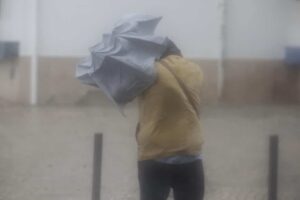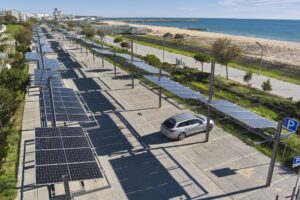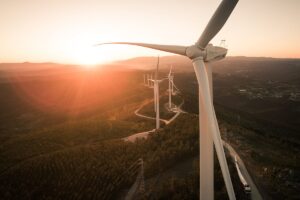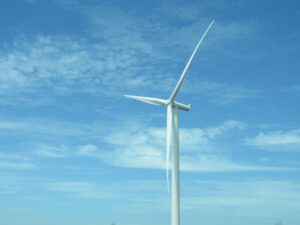By COLIN REID energy@algarveresident.com
Colin Reid is the technical director at the Enova Group and is a chartered engineer specialising in renewable and sustainable energy systems. He has over 20 years experience in the industry and lives with his wife and three children near Almancil.
WATER CONSERVATION and water recycling can be split into three categories: rain water, grey water, black water.
Rainwater collection is probably the most popular form of water recycling in the Algarve and the easiest and cheapest to implement. When building a new house, the rain water collection system should be carefully planned and properly designed by a qualified engineer.
The rainwater is collected from the roofs using standard guttering and rain water pipe work and collected from terraces and other external areas via gullies and drains. From this network of piping, the rain water is then collected and fed by gravity into a large underground tank. From this tank, the water is then pumped either directly into the irrigation system or into the main irrigation tank. Filtration of the rainwater is basic, normally using mesh type filters in the gullies and pipe inlets.
Grey water is rather more involved and more costly. Once again this system needs to be planned and designed before construction. Under normal circumstances, the waste water pipe work system is connected into one network (the foul water system) which then runs by gravity into the sewage system (either a public system or a local septic tank).
With a grey water recycling system, a separate pipe work system is required which collects the waste water from showers, basins and baths and feeds it by gravity into a dedicated tank.
The water here is then treated (a process which involves filtration and sterilisation, typically using a UV – ultra violet light – filter) and then pumped into a separate tank used either for irrigation or for flushing toilets.
There are various systems on the market and some very innovative products such as the grey water WC flushing system from Ecoplay which, using a compact assembly behind the WC, collects grey water from baths and showers, filters it and then uses the water for flushing.
Black water
Black water is rather more rare and involves recycling water from sewage systems. In the Algarve, this is only feasible in certain cases and tends to be employed in rural areas where the mains sewage network is not available. Septic tanks are employed and come in two main types:
Closed tanks which just collect waste and when full are emptied by a tanker.
Open tanks which treat the waste and discharge onto the site – open referring to open discharge.
The open tanks contain various sections to remove the solids and a biological filter which breaks down the waste allowing relatively clean water to exit the tank. This water can then be further treated (filtration and sterilisation) and then once again used for irrigation.
However, there are strict guidelines set out by the environment agency in Portugal (CCDR) and in many cases, although being environmentally friendly, open type septic tanks are often not accepted and closed tanks have to be installed. This is particularly the case where borehole water reservoirs are close by – to prevent cross contamination.
In conclusion, with the rising cost of water, recycling is a key issue particularly where borehole water is not available – borehole water licences in the Algarve are becoming more difficult to obtain. Irrigation systems consume large volumes of water and it is wasteful and expensive to use mains water for irrigation, particularly considering that this water has been treated for domestic use. Therefore rainwater collection and other forms of water collection are very important for this application.
Next month, we look at energy management and lighting systems.
Colin Reid can be contacted by phone on (00351) 282 960 969 or by email at energy@algarveresident.com. To visit the Enova Group website, click on the link to the right of this page.
























